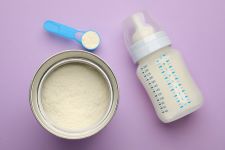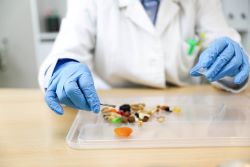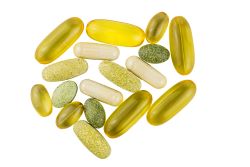Resources
Search >>
Search >>
Creating shelf-stable nutritional bars and other natural food products is about understanding the science behind food preservation, taste and appearance. One of the most critical factors in the formulation of long-lasting, safe and appealing products is water activity. Water activity plays a major role in maintaining texture, reducing the rate of fats oxidation preventing spoilage and ensuring safety from microbial growth. Keep reading to learn what is being done to create a longer shelf life.
The use of real HMOs in infant formula is accelerating, driven by science, innovation, and a commitment to nourishing infants in the healthiest way possible. Enhanced testing methods are unlocking new capabilities—bringing us closer than ever to replicating the complexity and power of human milk. Click the link to learn more about HMOs.
In today’s competitive marketplace, success hinges on more than just product formulation. You must create a product experience that consistently delights consumers. Continue reading to learn how Eurofins Nutrition Analysis Center can help you understand how your product is perceived in the real world.
As the global appetite for high-protein and plant-based protein products continues to grow, food developers face a critical challenge: choosing the right protein ingredients that meet nutritional needs and perform well in real-world applications. Protein functionality testing is the backbone of successful innovation in this evolving space. Read more about protein testing by clicking the link.
Chlorates and perchlorates are chlorine-based oxyanions that have emerged as contaminants of concern in the food and dietary supplement industries. These compounds are highly soluble in water and persistent in the environment, making them difficult to eliminate once introduced into the supply chain. Continue reading to learn what you can do to test for these contaminants.











